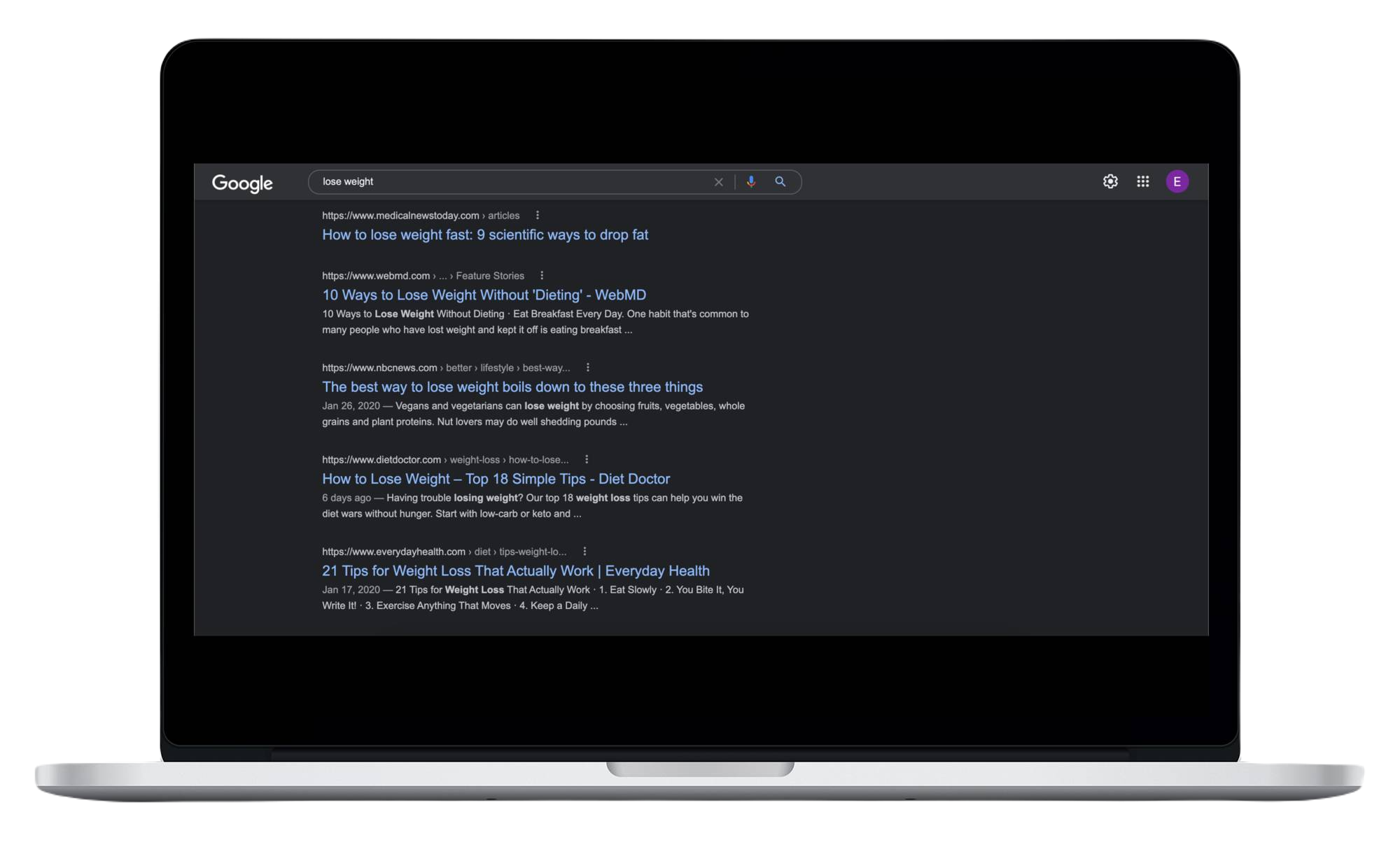Build enhanced Lifetime Value models to increase your profitability
31 March, 2022
6 mins
Meeting of the minds. Why does the Lifetime Value (LTV) metrics really matter for your advertising strategy? Today, Ronan, Head of...
Read more
01 Oct, 2024
1 min
Stay tuned thanks to our Newsletter
If you think we’ll shed light on the ending of the Netflix show Clickbait, we’ve raised your hopes in vain. Sorry, we couldn’t miss the opportunity.
Clickbait is often said to be something ill that delivers wrong information to mislead people. But, what if it was more than that? What if you could pull something positive from this practice?
Clickbait most certainly originates from “yellow journalism”, a 19th-century style of newspaper that used sensationalism to attract customers and have them buy the papers. Now, clickbait is everywhere: from news headlines “Can face masks prevent you from getting the Coronavirus? Doctors weight in” to the promotional speech “Lose weight without exercise”.

But, do you really know what it is?
In the marketing field, clickbait is a tactic that draws the viewer’s attention and persuades him to click through.
Let’s talk psychology for a second. Dopamine plays an important role in your sensation of pleasure. It’s part of your reward system, meaning that this neurotransmitter is released in your body whenever you do things that feel good.
What does it have to do with clickbait? When you click on a scheming headline or a promising ad, you think that you’re going to discover something great… and that’s the moment that you release dopamine.
But that’s not it. Another reason that explains why clickbait works is FOMO (or The Fear Of Missing Out). It’s anxiety coming from the belief that others are experiencing better things than you are. In concrete terms, it happens when you scroll your social media endlessly (because the next post may be interesting!), click on the scheming ad (because you could miss something!) or watch a video whose title makes you think you can earn twice your salary without doing anything.
.png)
Source: https://martech.org/facebook-cracking-down-on-ads-with-clickbait-headlines-sensationalized-language/
In a nutshell: you know the content might be deceptive, but you still click. You can unearth a gem.
According to the Washington Post, 6 in 10 US adults admit they only read the headlines when consuming news on social media. How to use that information wisely?
To improve your click-through rate, your header must be appealing. Remember these 3 rules:
More clicks on your ads, but for what purpose? The more traffic you drive on your website, the more likely you are to generate leads.
Having a good click-through rate can help you boost your online exposure and convert your audience into qualified leads… don’t miss that chance.
What’s the utility of clickbait if your bounce rate is 10x your click-through rate?
Powerful headlines aim at making people click through, but to hold viewers attention, it won’t be enough… and that’s where clickbait is seen as an ill strategy.
We bet you already clicked on a scheming ad that didn’t lead to anything interesting. It happens all the time. But, why so?
Sometimes the promise made on the header isn’t kept.
To keep people’s attention and have them stay on your page or purchase your products, you must make sure that your content is compelling enough… otherwise, the efforts put on writing striking headlines will be in vain.
It depends. Writing catchy headlines and striking ads is harmless, but disappointing content isn’t. The drawbacks of using clickbait the wrong way can be disastrous.
Building a solid relationship with your audience is important… and it can never be done without high-quality content. Don’t write content to increase your click-through rate in the short term. Start now building trust in the long run.
According to Hubspot, in 2021, 50% of customers say they switch to a new brand after one bad experience with a brand. No room for error.
In the long run, fake news and disappointing content will make you lose credibility, and according to Forbes, e-reputation has a significant impact on your audience.
67.7% of the time, online reviews (positive or negative) have an impact on purchasing decisions.
But disappointing content doesn’t only impact your e-reputation; it also damages your ranking in the SERP.
Poor landing page, inaccurate content or ads with no real value added will downgrade your pages on the SERP and increase your visitors bounce rate.
To make things clear: there’s so much you will lose if you use clickbait the wrong way: drop of your traffic, increase of your pages bounce rate, damage of your e-reputation, downranking on the SERP…
To avoid clickbait pitfalls:
Better & Stronger can help you redefine the rules of copywriting you need to adopt but, if you want more support:
By Emma Jeanpierre
10 Jan, 2022